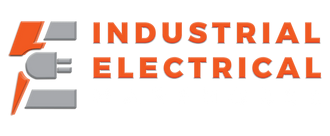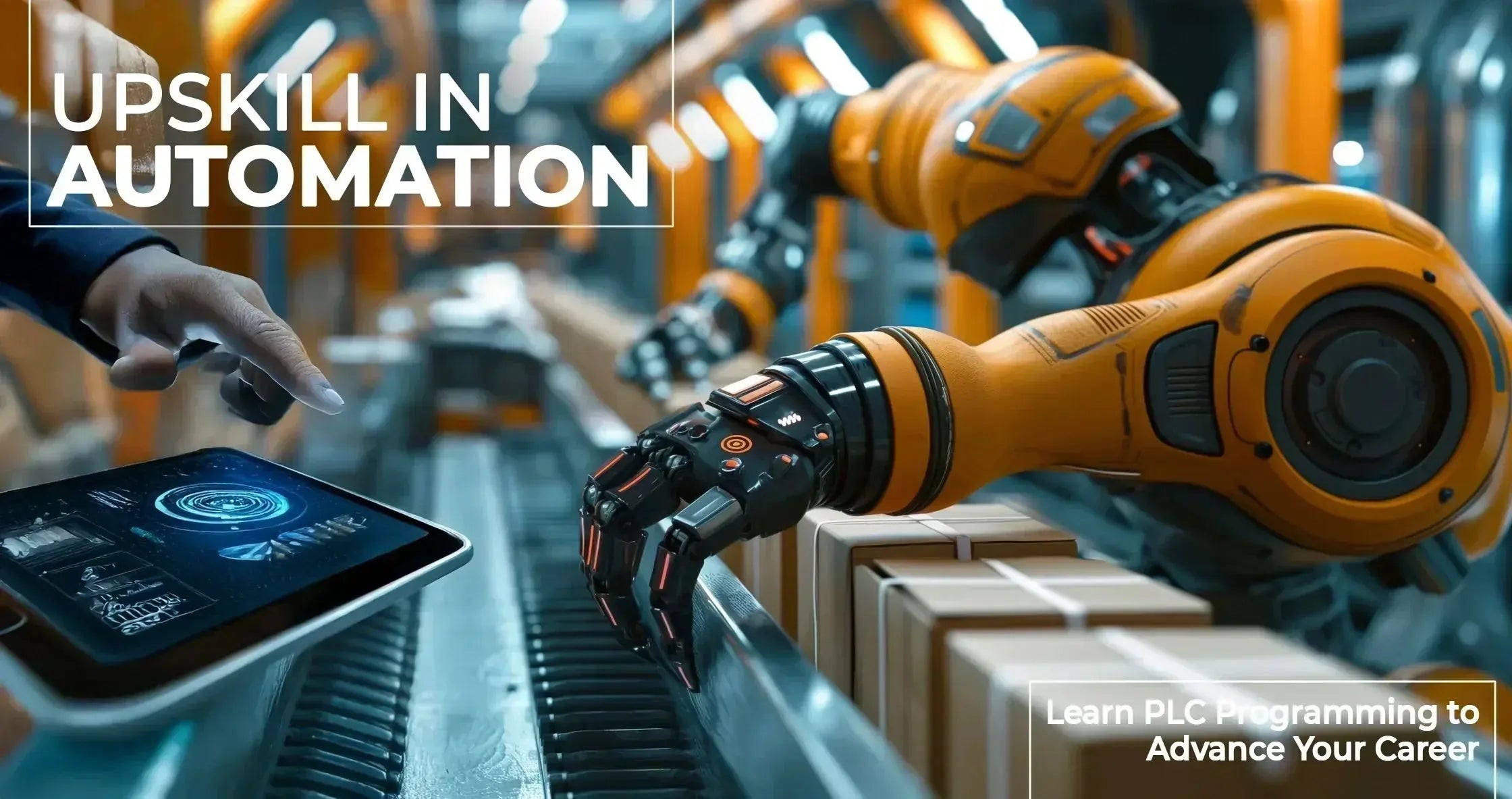In today’s rapidly evolving industrial landscape, the ability to learn PLC programming and master control systems is no longer just a bonus skill – it is a career necessity. As industries transition toward smart manufacturing, robotics, and industrial IoT, professionals equipped with automation expertise are finding themselves in higher demand. For students preparing to enter the workforce, and for experienced workers aiming to stay relevant, upskilling in automation opens doors to career advancement, business opportunities, and improved workplace efficiency.
Why Learn PLC Programming in the Age of Smart Manufacturing?
To learn PLC programming is to gain a skill that forms the backbone of industrial automation. Programmable Logic Controllers (PLCs) are the brains behind automated systems, controlling everything from production lines and robotics to safety systems and energy efficiency. As factories embrace Industry 4.0, professionals who understand how to design, program, and troubleshoot PLC systems are becoming indispensable.
Employers are actively seeking candidates with automation expertise, knowing that these skills directly translate into better productivity, reduced downtime, and optimized operations. For individuals, it means job security, higher pay, and career growth.
The Growing Demand for Automation Skills
Automation has moved beyond large factories and is now a critical component across industries such as food processing, pharmaceuticals, energy, water treatment, logistics, and even small workshops. With this widespread adoption, the need to learn PLC programming and control system integration has skyrocketed.
In fact, a growing number of job listings in engineering, manufacturing, and maintenance specifically highlight automation and control knowledge as a requirement. Upskilling in this area ensures professionals can remain competitive while students gain an edge even before entering the job market.
Career Benefits of Upskilling in Automation
Learning automation and control systems goes beyond technical competence. It is about creating long-term career resilience. Here are the key benefits:
1. Higher Employability – Employers value professionals who can design, install, and troubleshoot PLC-based systems.
2. Better Salaries – Skilled automation specialists often command higher wages due to the technical expertise required.
3. Global Opportunities – Automation is a universal language, enabling professionals to work in industries worldwide.
4. Business Potential – For entrepreneurs, knowing automation allows the launch of service businesses focused on system integration, retrofitting, or consultancy.
5. Cross-Industry Flexibility – Skills in PLC programming apply to a range of industries, ensuring versatility and adaptability.
How to Start Learning PLC Programming and Control Systems
The good news is that anyone can begin their journey into automation, whether you’re a student, engineer, or technician. Here are practical steps:
1. Online Courses – Platforms like Coursera, Udemy, and specialized training providers offer structured courses on PLC programming, industrial automation, and control systems.
2. Training Kits – Investing in PLC simulation software or affordable starter kits allows learners to practice hands-on programming without needing a full industrial setup.
3. Certifications – Obtaining certifications from recognized organizations or vendors like Siemens, Allen-Bradley, or Schneider Electric boosts credibility and employability.
4. Workshops & Seminars – Attending live training sessions or webinars connects learners with industry experts and practical applications.
5. On-the-Job Practice – Applying new skills in real projects, whether in internships or current jobs, reinforces learning and accelerates expertise.
Long-Term Value of Automation Skills
Choosing to learn PLC programming is more than just an educational investment – it is an investment in the future. As more industries adopt smart systems, automation skills will remain highly valued. Those who keep learning and adapting will not only secure better roles but also contribute to innovation, sustainability, and competitiveness in their fields.
By committing to upskilling in automation, professionals and students can transform their careers, increase job satisfaction, and play a direct role in shaping the factories and systems of tomorrow.
Conclusion: Your Next Step Toward Automation Excellence
The demand for automation expertise is not slowing down – it’s accelerating. To stay relevant and competitive, now is the perfect time to learn PLC programming and develop a deep understanding of control systems. Whether you are looking to climb the career ladder, increase your earning potential, or even start your own automation-related business, these skills are the gateway to long-term success.
Ready to take the next step? Explore product collections that can help you practice and grow in automation today:
Explore Related Product Collections
Automation & Control Systems
Discover a comprehensive range of automation and control components designed to streamline processes, enhance efficiency, and improve system reliability. Perfect for professionals and students aiming to master industrial automation and smart manufacturing systems.
PLC Hardware & Accessories
Browse high-quality PLC modules, programming cables, interface units, and expansion accessories from trusted brands. Whether you’re practicing automation setups or managing complex control systems, these products provide the flexibility and precision needed for real-world applications.
Sensors & Switches
Explore a wide selection of sensors and switches essential for any automated process. These components ensure accurate feedback, safety, and seamless system performance—vital for anyone learning or working with PLC-based control systems.


